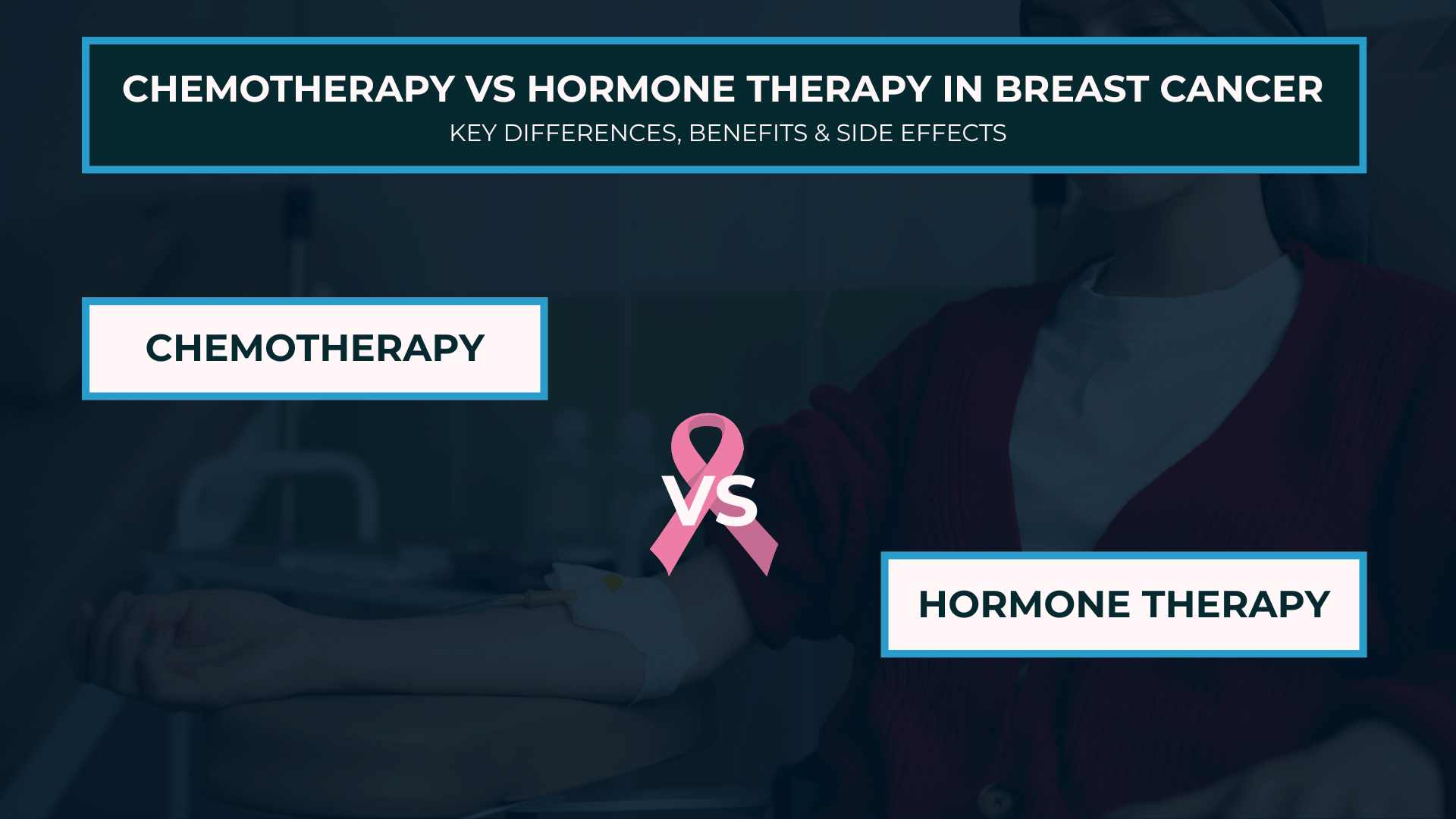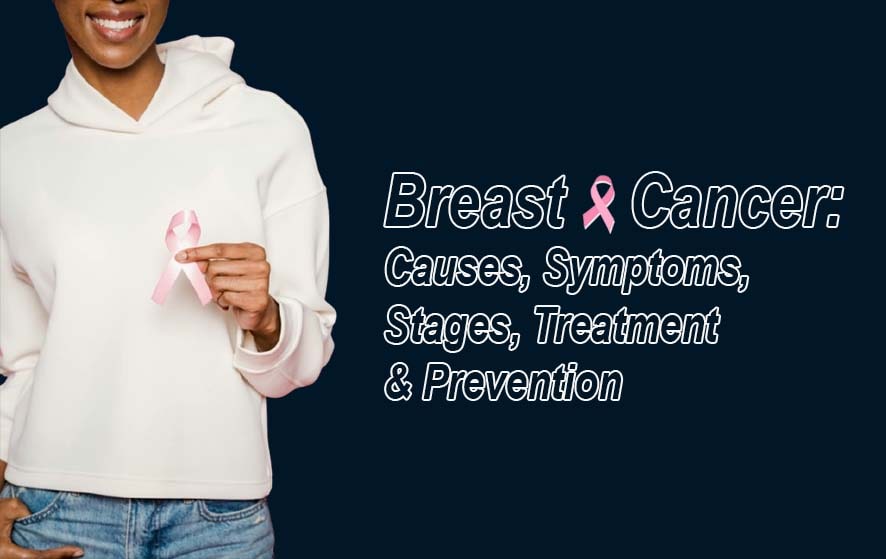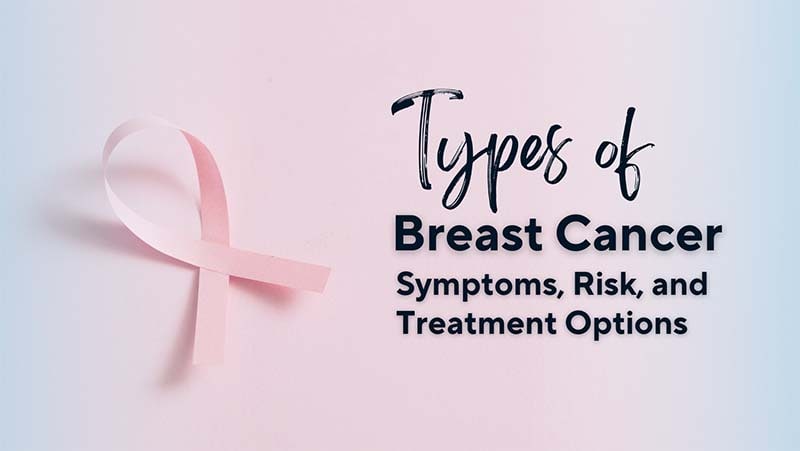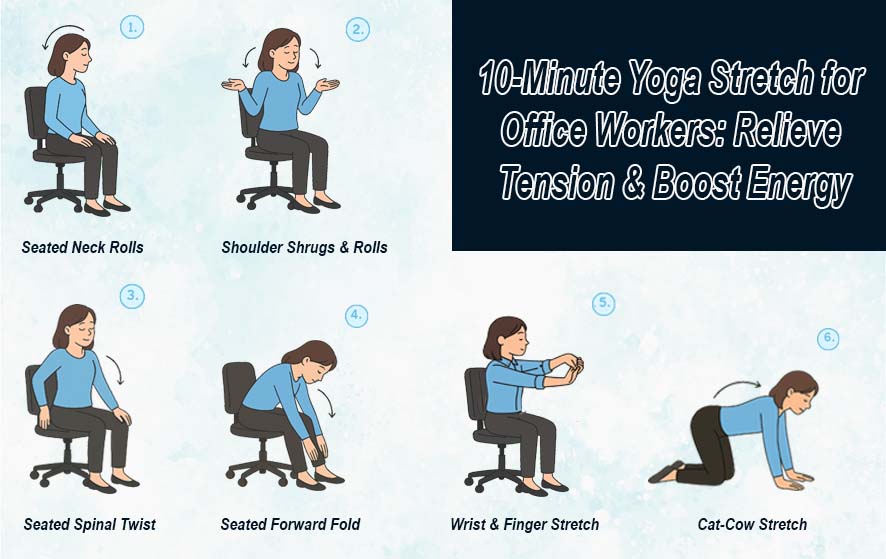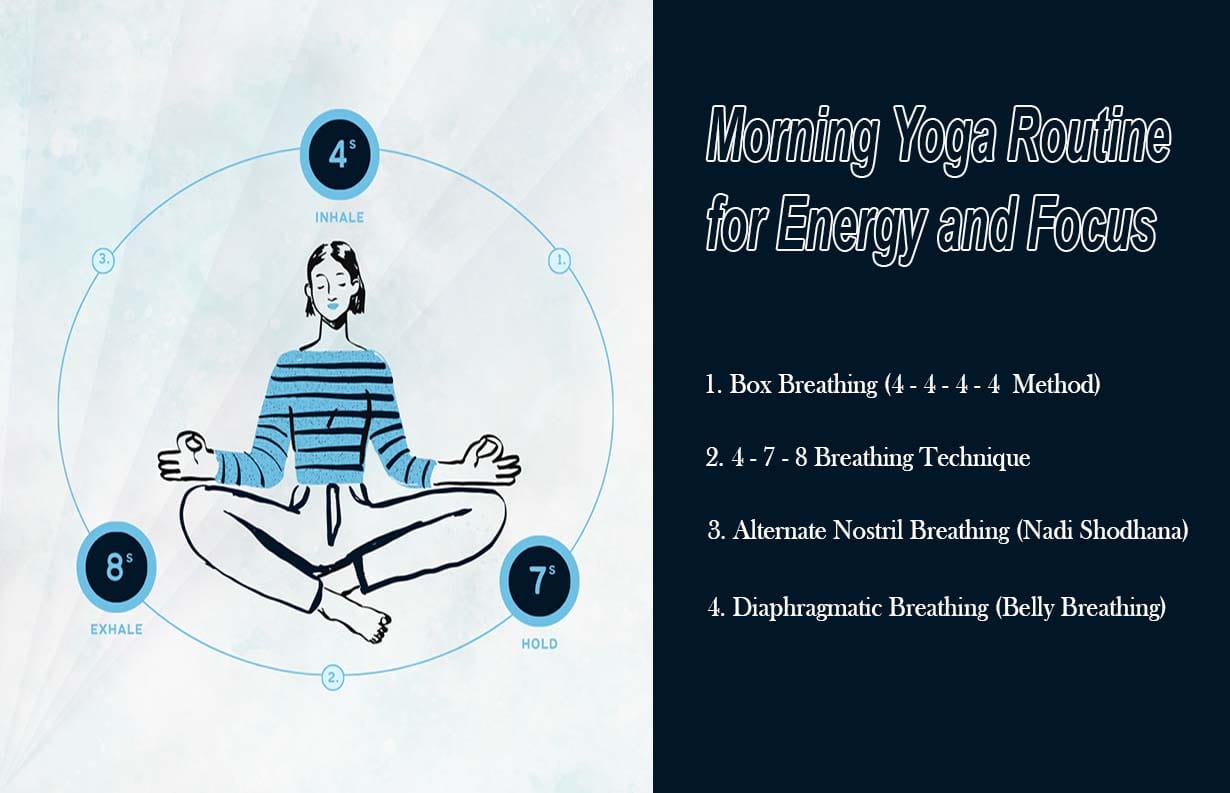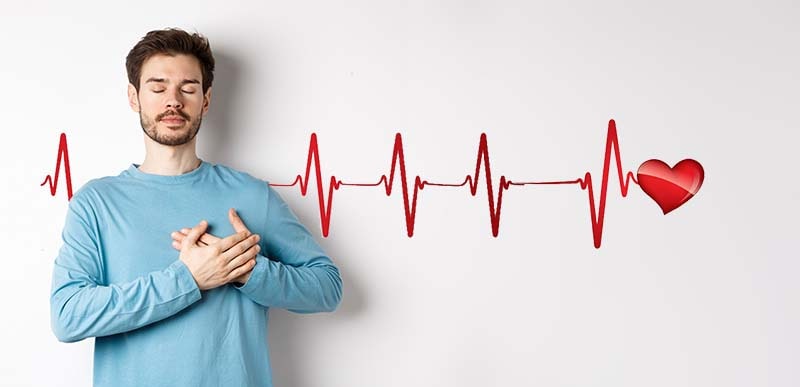Tachycardia is a condition where your heart rate is very fast, and it usually exceeds 100 beats per minute in adults. There are many factors that can cause this, Here are a few other strong How to Calm a Rapid Heartbeat: Tips and Techniques for Heart Health. For example, doing sports, stress, coffee, or emotional reactions (anxiety). In most cases, a faster heart rate results from a certain condition, but if it presents suddenly or gets recurrent, it can make you quite nervous, and in some cases, it can be an indicator of a disease.
Many people, when the heart races, can get an infusion of panic, especially if this event is unexpected. This reaction can trigger even more heartbeats and create a cycle of anxiety. Even though palpitations might not be dangerous, opting for a course of action to handle such episodes can facilitate a feeling of reassurance and eventually lead to improved overall heart health. In this article, we will disclose very useful methods for calming a fast heartbeat and will also talk about behavior changes to ensure good heart health. Those techniques can range from breathing exercises and mind concentration routines to consistent lifestyle habits, which serve to equip you with plenty of practical tools for managing the fluctuating heart rates. Further, we will also point out when it makes sense to get hold of a medical professional. Being aware of these approaches can empower you to make reasonable decisions and feel comfortable being a part of your heart palpitation management.
Understanding Rapid Heartbeat: Causes and Triggers
When a person’s heart beats much faster than the regular pace, the person is said to have tachycardia which is commonly more than 100 beats per minute for adults. This rapid beating can be either physical/effective or emotional in origin. For example, when a fast heartbeat occurs it is a part of the regular body response during a workout, because the body requires more oxygen thus the heart must beat faster. One such example is that of a disturbed heart rhythm; this haps due to the absence of water in the body or the presence of caffeine which eventually leads to a temporary increase in the pulse of the heart.
Psychological reasons, including stress and fright, can also be the prime factors in the occurrence of tachycardia. Stress, for example, releases adrenaline which triggers the onset the body to go into overdrive, and in this condition, the heartbeats are much faster than usual even if there is no real physical threat.
Moreover, the individuals who complain of tachycardia may have conditions in which symptoms of these occur, like heart problems, disrupted thyroid function, and high blood pressure. Awareness of these reasons can help in controlling the heart rate easily and also facilitate in appealing for medical treatment.
Immediate Techniques to Calm a Rapid Heartbeat
There are a lot of ways to slow down a rapid heartbeat, and they can be used immediately. Trying out the 4-7-8 technique is of great help when it comes to doing breath work. You can easily breathe in really slowly for 4 counts, hold your breath for 7 seconds, and then breathe out 8 times until you feel a soothing influence on yourself.
Another quite effective technique that a person can use is mindfulness or meditation – the practice of this method resulting in a state of calm focus in the individual’s mind, which will reduce the fear thoughts causing some heart-related discomfort. The Valsalva maneuver, as well as the use of other vagal maneuvers, is a quicker way to slow down the heart rate. It starts with the person inhaling, and then they breathe out, only that this time a deep breath is taken, the mouth is kept closed and the nose is pinched and the person is slowly lying down using the nose-lifting technique to be able to exhale during the action. This restores the function of the vagus nerve and slows down the heartbeat. Also, dousing your face with cold water could be another good way to stimulate your vagus nerve and decrease your heart rate, as lower temperatures are proven to prevent your heart rate from getting very high by letting your face react due to the cold water bounce off. The quick and easy things may also result in some relief and even eliminate anxiety just like that, in a swift motion.
Lifestyle Changes for Long-Term Heart Health
A long-term healthy heart can be ensured if a person adopts a lifestyle that will keep his/her heart from abruptly speeding up and, at the same time, improve cardiovascular health in general. The combination of regular physical exercises, like working out at the gym or going for consequently, you are supposed to choose to eat heart-friendly foods containing omega-3 fatty acids, fiber, and antioxidants apart from, you must be careful and only eat green vegetables, nuts, and fatty fish while also cutting down on processed foods, sugar, and added salt.
It is very clear that getting high-quality sleep cannot be understated as improper sleep can cause the heart to beat faster and the person to keep getting stressed. If you lower down things that make you hyper like caffeine, nicotine, and alcohol, the likelihood of tachycardia will also be reduced. Knowing about and applying stress management techniques such as meditation, on heart rate at normal levels when you are in stressful situations. Through the incorporation of such behavior patterns into their daily routines, people can be assured of having a solid foundation for heart health, whereby the risk of a heart attack is significantly reduced, and long-term wellness is insured.
When to Seek Medical Help
Timely recognition of when the body demands medical help due to a quickened heart rate is key to keeping heart health status stable. Among other cases of the same, there might be normal periods, yet certain symptoms are alarming. For instance, if you are confronted with a rapid heart rate together with the feel of a pain in your chest, difficulty in breath, lack of balance or fainting it is extremely imperative that you visit a doctor without delay, as it can be a common sign of a heart attack or arrhythmia. May indicate a serious condition.
Moreover, it is crucial that you schedule a medical exam if you have a quick heartbeat very often, or if it lasts for a long time. Other associated symptoms are a palpitation that feels erratic or irregular, and if you get a fast heart rate while sitting without doing any physical or emotional activities.
Definitely, a healthcare expert might ask for a series of tests such as an echocardiogram (ECG) or Holter monitor that will aid in determining the rhythm and the functionality of the heart. Your serious approach to these symptoms and getting immediate medical help may end up with successful management and your heart health will be better.
Conclusion
Maneuvering a fast heart rate to some extent revolves around the identification of the triggers and the subsequent establishment of the correct coping mechanisms [U1]. Although rare occurrences of tachycardia may be acceptable, the ability to pinpoint where it becomes dangerous is very important for heart health. Short methods such as deep breathing exercises, mindfulness, and vagal exercises give the immediate relief during the episodes. Adapting yourself into the long-term lifestyle with the conditions of regular exercise, a balanced diet, enough sleep, and proper stress management would be a great help in ensuring the goodness of your heart. Furthermore, the warning signs of diseases that require attention can allow you to be proactive about your health. Simply by giving your heart the place it belongs and fulfilling the requirements as per the given situation, it is well within your ability to decrease palpitations and boost life quality. By learning new things and method, you can pave the way for a healthy heart and also a community of self-dependent and self-confident people around you.

